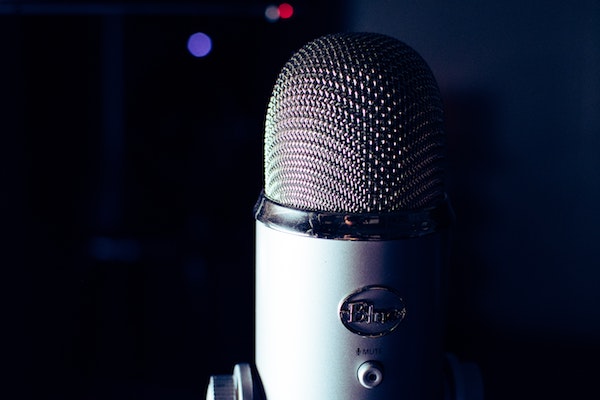Day 5 of #16DaysofActivism
By Stephanie Mooney
Radio Amani was launched in the conflict prone area of Tana Delta in the summer of 2017, ahead of the parliamentary elections in Kenya. The purpose of the radio station is to promote peace and social development in Eastern Kenya’s conflict-affected Tana River (the northern region of Tana River County).
The station is serving a young lady called Busara* and the many women and men like her, survivors of violent conflict. Jon, the Director of HCR, met Busara during a focus group in a remote village. She kept staring at the floor, shy, almost embarrassed to be there. Many of the others in the group engaged in animated conversation, eager to share their experiences and opinions. But then her voice broke through... and the room was silenced. It was a bold, passionate voice, that was determined to speak out. "I am not a victim," she said, "I am a resource for peace!"
Busara shared how she had been a victim of violence during the time of "the massacre." She and her family had been through hell, but now here she sat in a group meeting, courageously willing to speak up. She shared how, with the support of family, community and trauma counselors, she had turned a corner and was now passionate to help others who had been through similar experiences.
In the setting up of this region's first radio station, the overwhelming message was, "this station is desperately needed and will be a vital part of helping the people of Tana Delta recover and rebuild." Dr Tecla, who runs trauma workshops among the communities of the Delta, told me that peacebuilding cannot really start until people have overcome the past, with forgiveness and grace’. Amani (peace) FM is amplifying the voices that need to be heard.
*Not her real name










